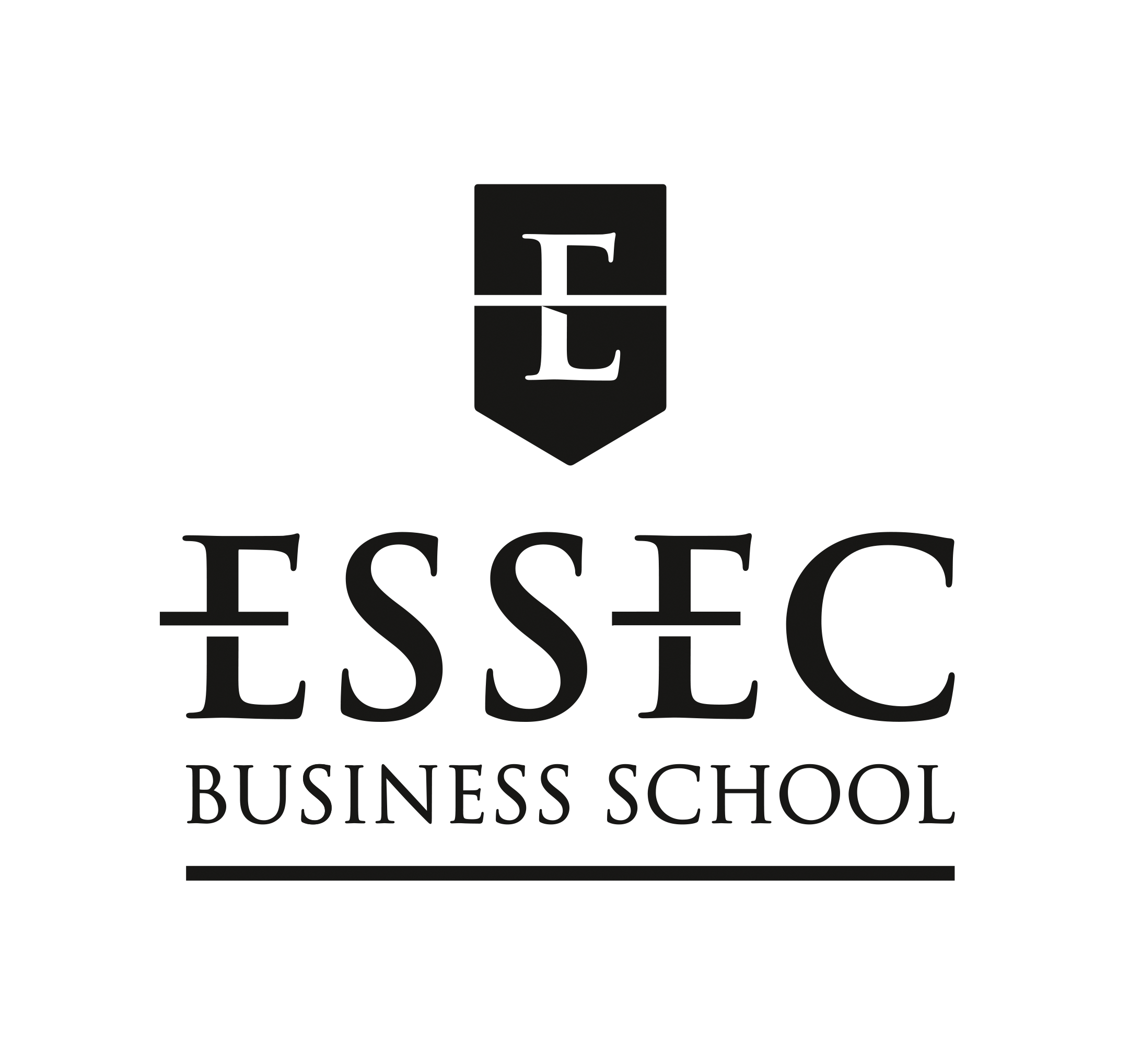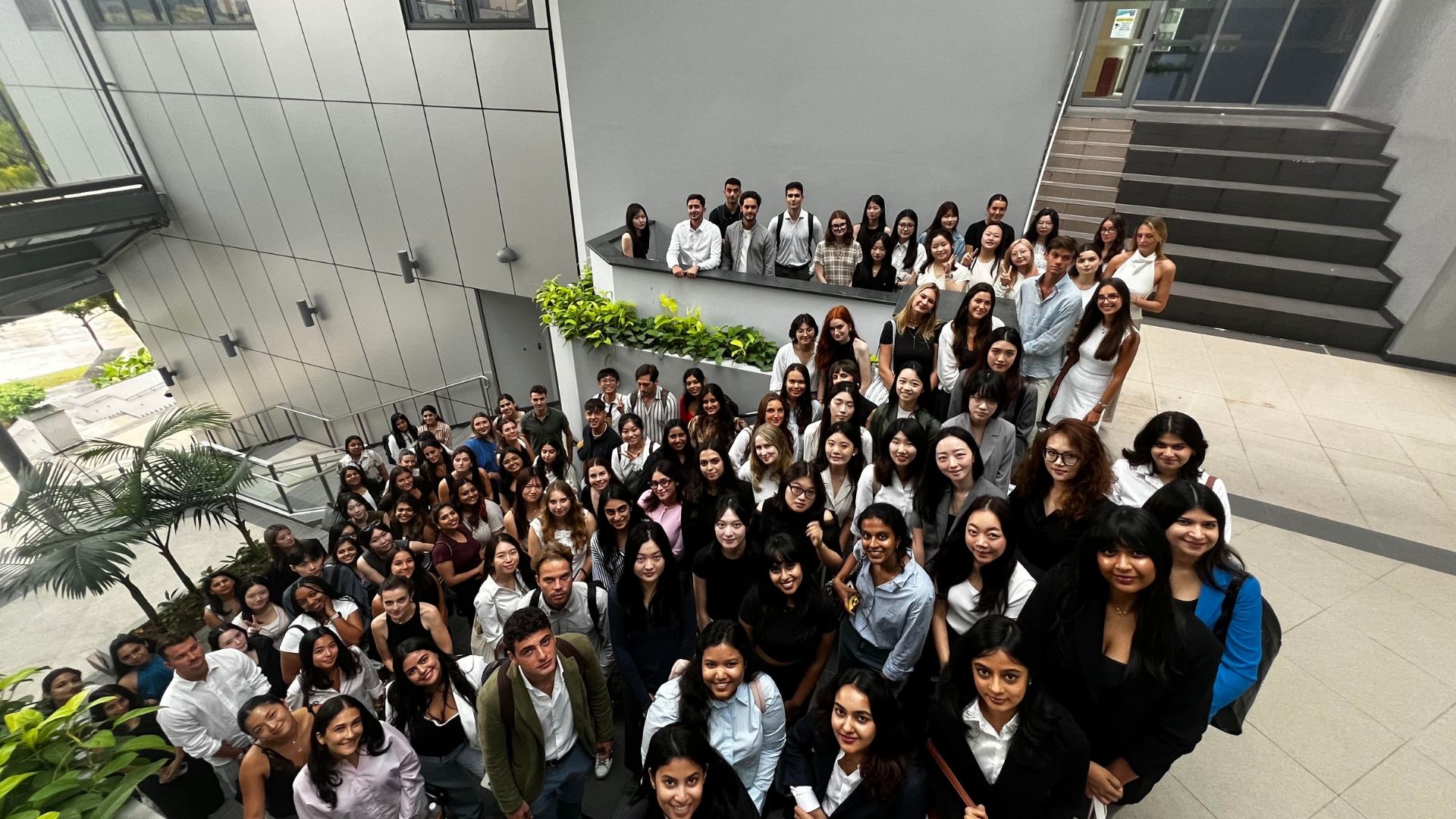Most students and professionals need to spend more time on self-reflection before looking for a new opportunity. Especially early in their careers.
There are several assessment tools to help with self-reflection. In our experience, the key domains to reflect on are skills, interests, and motivators.
Of these three, skills are the most obvious focus for job seekers and recruiters.
What Skill Sets Do You Have?
Most students understand they need hard and soft skills to match the companies’ requirements.
Students need hard skills such as programming, modeling, and data analysis, for example, to improve their chances of getting a job, especially now.
Students are usually equipped with soft skills when entering a business school. The programs at ESSEC enable students to improve and refine everything from communication to leadership and teamwork skills.
Today, companies demand that students have both hard and soft skills. What we shared barely scratches the surface. The topic of skill sets requires a more in-depth exploration—we will share more on this in a future post.
What Interests You?
Job seekers can consider interests as “what types of activities do you enjoy doing” and “what subjects catch your attention.”
Here’s a simple litmus test: which newspaper section do you read first—fashion, sports, business, current affairs? Do you watch videos online about gaming, space, and conservation? From an activity perspective, do you enjoy problem-solving, communicating, and working in teams?
If you answer these questions, it will help you find the right roles and industries.
What Motivates You?
Motivators are the various aspects of your job that inspire you. Motivators could be pegged to prestige, security, financial benefits, variety, or altruism, to name a few.
It is essential to understand your motivators significantly, as they can change over time. For example, financial benefits could become less important, and altruism could be more critical.
A person might need to forgo a good career match because the market is uncertain or personal commitments need to be met from a practical perspective.
However, interests and motivators are essential for the longevity of your career. Almost any role can be engaging early in your career because working is new and exciting.
As your career progresses, interests and motivators must be aligned with the function to ensure engagement over a sustained period.
Conclusion
To recap, it is essential to understand yourself as early as possible in your job search if you don’t mind. Even if you need to compromise, you will know you are consciously doing so for the short term.
By understanding yourself, you can also compare opportunities and have a structured way to prioritize them.
Learn more about developing a winning résumé, building a solid network, and other insights on professional growth from our regular Career Tips series.
RELATED POSTS
Building a Personal Brand While You Study
How students use LinkedIn, blogging, or speaking engagements to stand out.
Finding Your Fit: How ESSEC Asia-Pacific Career Services Help Global BBA Students Build Meaningful Career Paths
As Manager of Career Services at ESSEC Asia-Pacific, Cerella Sim draws on over a decade of recruitment experience to help Global BBA students…
Success After Graduation: Alumni Job Outcomes in Asia
ESSEC Asia-Pacific's Global Bachelor of Business Administration (GBBA) program effectively prepares students for successful, globally-focused…
What I Learned from Failing My First Job Application
First rejection taught ESSEC alumna Medha Thakkar that career setbacks spark growth, leading to resilience, networks, and unexpected opportunities.
Career Success Through the ESSEC Global BBA
ESSEC's Global BBA transforms students through immersive professional experiences, international mobility, and real-world learning opportunities…
The Asian Etiquette Guide for ESSEC Asia-Pacific Students
Asian business etiquette translates cultural awareness into competitive advantage through respectful greetings, proper hierarchy navigation, and…








